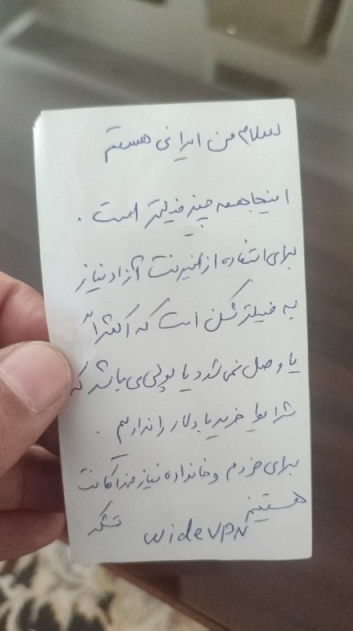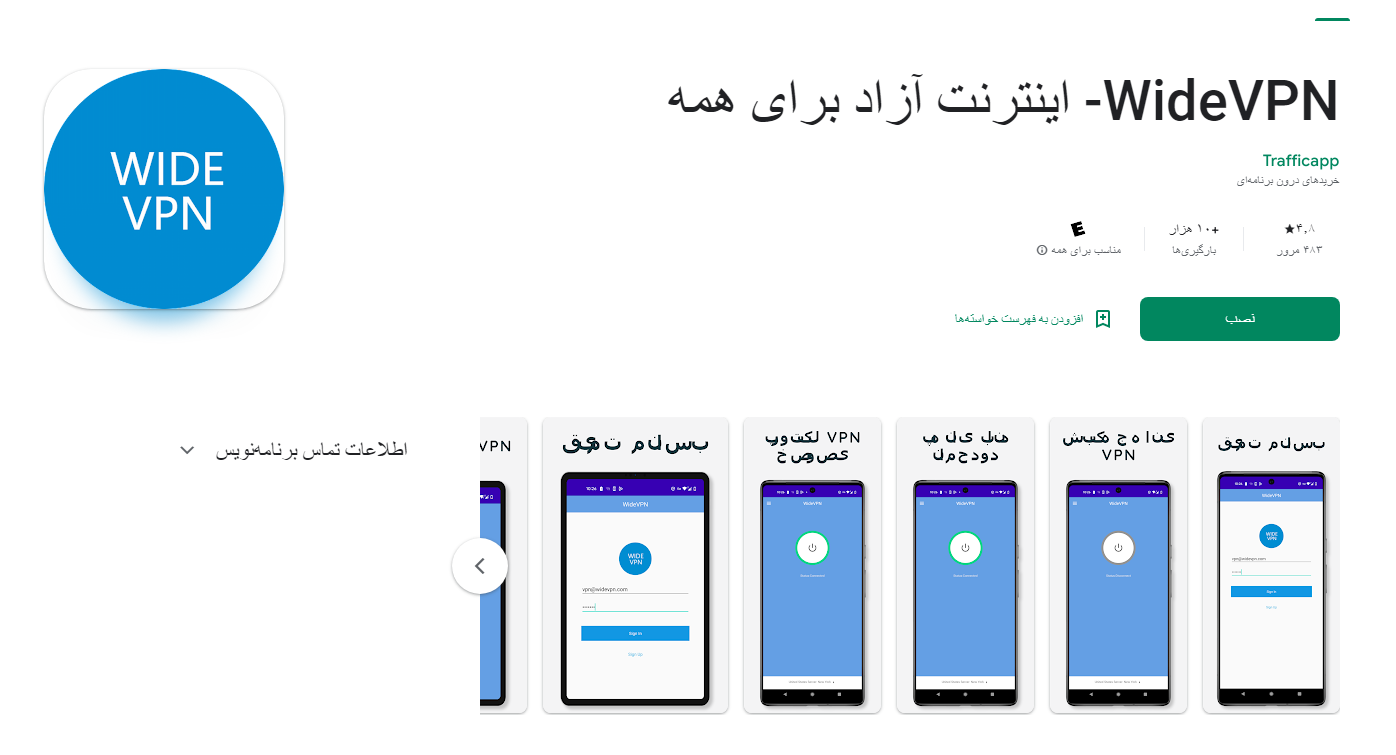What's vpn protocols still work in iran, openvpn or v2ray, or shadowsocks?
Virtual Private Networks (VPNs) are commonly used to bypass internet censorship and to protect online privacy and security. In countries like Iran where the government heavily censors and monitors internet usage, VPNs are often used to access blocked websites and to communicate securely. However, it is important to note that using a VPN in Iran may be illegal and could result in penalties if you are caught.

There are several VPN protocols that may still work in Iran, but it is difficult to say for certain as the situation in the country is constantly changing. Some protocols that have been known to work in the past include OpenVPN, L2TP/IPSec, and IKEv2. These protocols are generally considered to be secure and reliable, and are often used by VPN providers to establish encrypted connections between clients and servers.
OpenVPN is an open-source VPN protocol that uses SSL/TLS to establish secure connections. It is widely considered to be one of the most secure and reliable VPN protocols, and is often used by individuals and businesses to protect their online privacy and security. OpenVPN is known to work well in countries with strict internet censorship, and has a strong track record of bypassing government-imposed blocks and restrictions.

V2Ray is another VPN protocol that may still work in Iran. V2Ray is an open-source network proxy that uses a variety of encryption and obfuscation techniques to bypass internet censorship and protect user privacy. It is designed to be flexible and customizable, and can be used with a variety of protocols, including OpenVPN, Shadowsocks, and SOCKS5. V2Ray is known to be effective at bypassing internet censorship and is often used by individuals and organizations in countries with strict internet controls.
Shadowsocks is another VPN protocol that may still work in Iran. Shadowsocks is an open-source proxy that uses a variety of encryption and obfuscation techniques to bypass internet censorship and protect user privacy. It is known to be effective at bypassing internet censorship and is often used in countries with strict internet controls. Shadowsocks is relatively easy to set up and use, and is often used by individuals and organizations to access blocked websites and communicate securely.
In summary, there are several VPN protocols that may still work in Iran, including OpenVPN, V2Ray, and Shadowsocks. However, it is important to note that the situation in the country is constantly changing, and it is possible that the Iranian government may block or restrict access to these protocols at any time. If you are planning to use a VPN in Iran, it is important to carefully research and choose a reputable provider that has a track record of providing reliable service in the country, and to be aware of the risks involved and take steps to protect your privacy and security.
https://play.google.com/store/apps/details?id=com.widevpn.client
Widevpn's specially developed vpn protocols for secure and private web surfing
